
Search
1 - 24 of 20973 Results

University of Virginia School of Law professor Mitu Gulati has been elected to the American Academy of Arts and Sciences, an honorary society and research center that dates back to the...
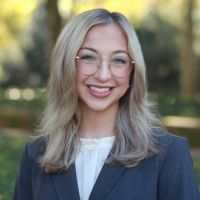
Third-year student Hunter Heck at the University of Virginia School of Law discusses her path to law school and how she prepared for the William Minor Lile Moot Court competition.
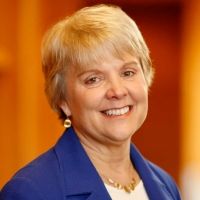
A National Academies committee chaired by University of Virginia School of Law professor Margaret Foster Riley released a report that recommended including pregnant and lactating women in...
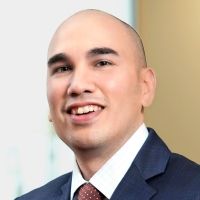
James Abrenio has been a trial attorney in Northern Virginia since 2008, practicing criminal defense and personal injury. He currently owns his own law firm, Abrenio Law. Prior to that...

University of Virginia law professor A. E. Dick Howard ’61, who is retiring as the longest-serving professor in the University’s history, helped reshape Virginia’s constitution and those...

UVA Law’s LGBTQ+ student organization, Lambda Law Alliance, honored two alumni, Susan Baker Manning ’98 and Cordel Faulk ’01, for their contributions to the community at a gala marking its...

Nicholas Crown serves on the Appellate Staff of the U.S. Department of Justice’s Civil Division, where he represents the United States, its agencies, and its officers in the federal courts...

Robert Long is a veteran appellate advocate who co-chairs the Appellate and Supreme Court Litigation Group at Covington & Burling. He has argued 18 cases before the U.S. Supreme Court...
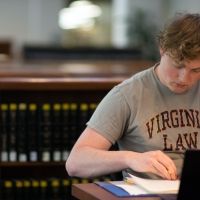
Watch and read up on the best tips and stories about exams we’ve produced on the University of Virginia School of Law website over the years.

Casey Erin Lucier ’10 is a partner in McGuireWoods’ government investigations and white-collar litigation department, and co-chair of the firm’s congressional investigations practice group...
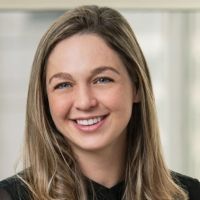
Brittany Marie Jones Record is an associate in the Washington, D.C., office of Latham & Watkins, and has previously served as senior counsel to the U.S. House committee investigating the Jan...

Chinmayi Sharma is an associate professor at Fordham Law School. She was formerly a scholar in residence at the Strauss Center for International Security and Law and a lecturer at the...
Alison J. Nathan is a circuit judge on the United States Court of Appeals for the Second Circuit. Before that, Nathan served for 10 years as a U.S. District Court Judge for the Southern...
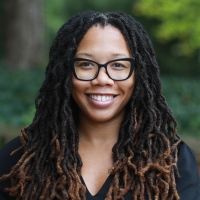
GeDá Jones Herbert is the inaugural director of programming for the Education Rights Institute at the University of Virginia School of Law. Jones Herbert previously worked four years as...

Helen Min is an inaugural Education Rights Institute Fellow and research assistant professor of law at the University of Virginia School of Law. As an education researcher, she has broad...

Sarah Beach is an inaugural Education Rights Institute Fellow and a research assistant professor of law at the University of Virginia School of Law. Beach’s perspective is informed by her...
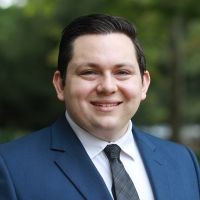
John Martin’s research focuses on election law, primarily campaign finance law and election administration law. He is interested in whether and to what extent such laws advance democracy on...
